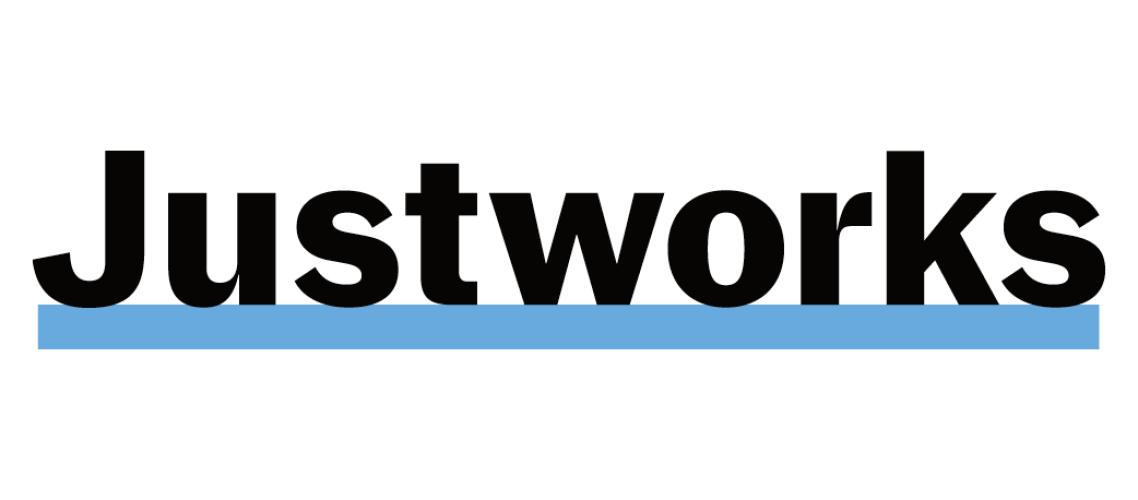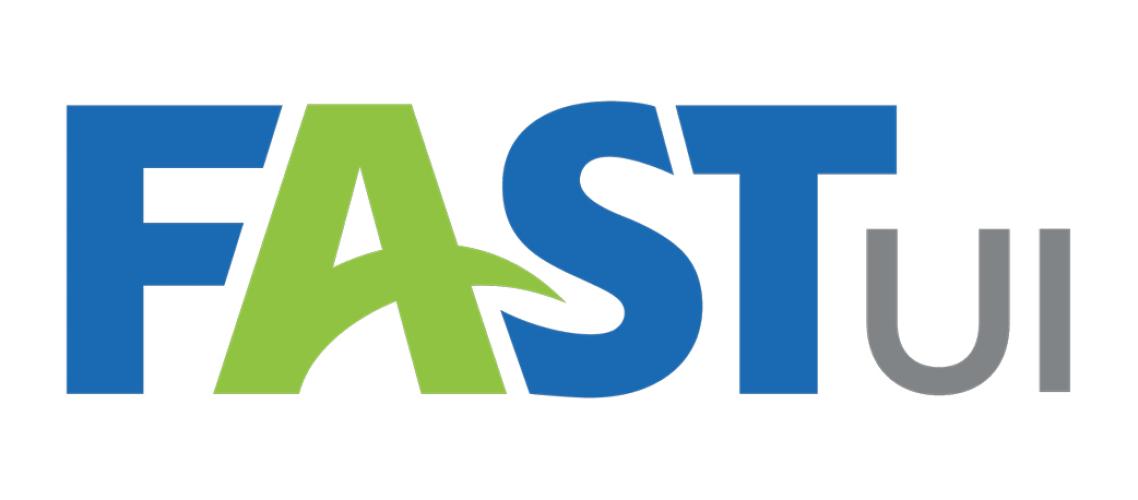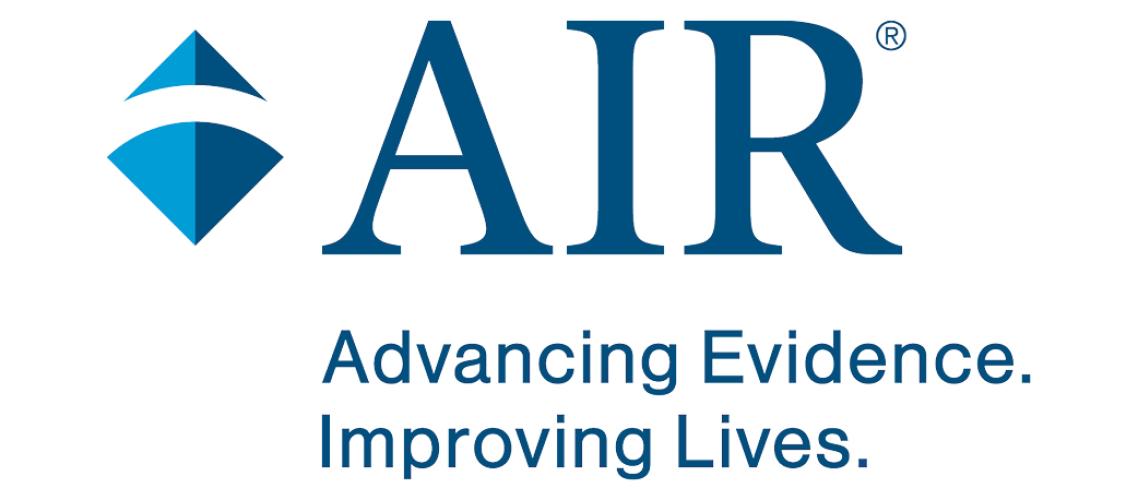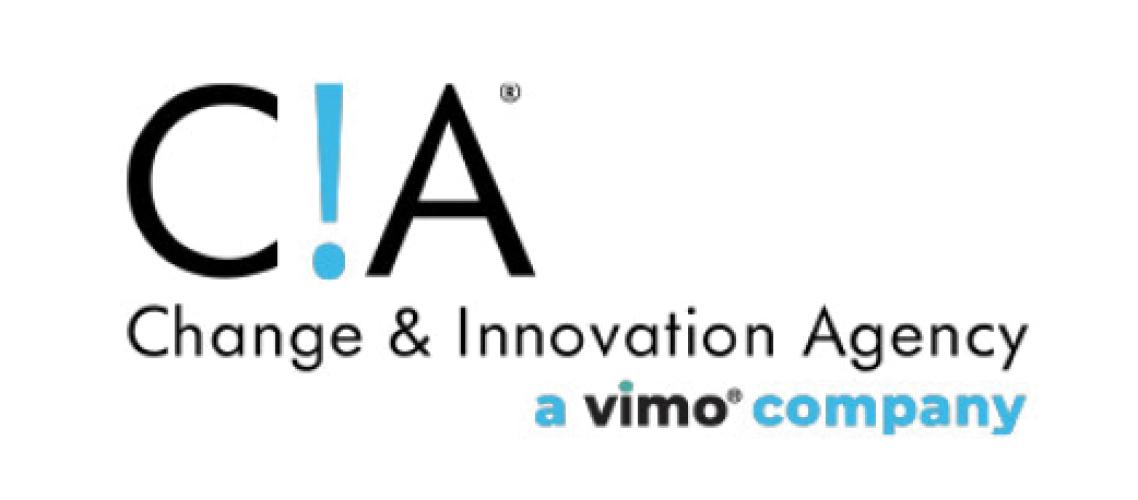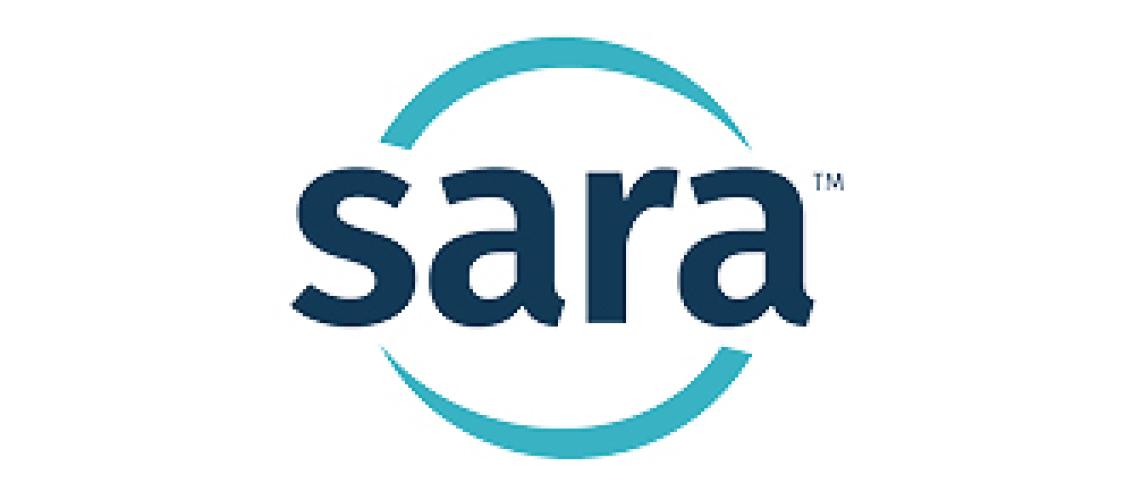NASWA Letter of Support on Continuing Certain Aspects of COVID-19 Legislation Set to Expire
The Honorable Nancy Pelosi
Speaker
U.S. House of Representatives
Washington, DC 20515
The Honorable Mitch McConnell
Majority Leader
United States Senate
Washington, DC 20510
The Honorable Kevin McCarthy
Minority Leader
U.S. House of Representatives
Washington, DC 20515
The Honorable Charles E. Schumer
Minority Leader
United States Senate
Washington, DC 20510
The Honorable Richard Neal
Chairman
Committee on Ways and Means
U.S. House of Representatives
Washington, DC 20515
The Honorable Chuck Grassley
Chairman
Finance Committee
United States Senate
Washington, DC 20510
Dear Speaker Pelosi, Majority Leader McConnell, Minority Leaders Schumer and McCarthy, Chairman Neal and Chairman Grassley:
We are writing on behalf of the National Association of State Workforce Agencies (NASWA) to urge action to continue six vital aspects of COVID-19 legislation that will otherwise expire at the end of this year.
Our members are on the front-lines, administering the nations’ unemployment insurance (UI) programs. Our membership, workforce agencies in all states, the District of Columbia, and U.S. territories, agree on the following:
- An extension of Section 4103 of the Families First Coronavirus Act to waive interest payments and the accrual of interest on federal advances to states to pay UI benefits is needed for all states through 2021. With extreme claim loads, many states are borrowing in order to make UI payments. Given the continued economic stress, all state workforce agencies agree that a continued moratorium on interest accrual and payments is critical in order to avoid significant increased taxes and assessments on employers.
- The temporary Extended Benefits full federal financing provided in Section 4105 of the Families First Coronavirus Act should be extended through 2021. Without 100% federal financing, states will need to fund required Extended Benefits at a 50% rate during a time of declining trust fund balances and elevated claims due to the national pandemic.
- Federal financing of Short-Time Compensation payments as authorized in Sections 2108 and 2109 of the CARES Act should continue through 2021. An alternative to lay-offs, Short-Term Compensation allows employers to reduce hours of work for employees while the employee collects a percentage of unemployment insurance benefits. Many states consider this program to be an essential part of their economic recovery plans.
- The 50% federal funding for governmental entities and nonprofit organization benefits, as provided in Section 2103 of the CARES Act, should continue beyond this year and should be increased to 100%. Nonprofits that are self-insured for unemployment insurance continue to need this assistance. Without federal support, many non-profit organizations will not be able to make UI payments which will result in additional pressure on state trust funds.
- Full federal funding of the first week of compensable regular unemployment for states that waived or have no waiting week as provided in Section 2105 of the CARES Act should continue through 2021. This federal funding provides support for state UI Trust Funds as initial claims remain at historic levels.
- An extension of Section 2106 of the Coronavirus Aid, Relief, and Economic Security (CARES) Act authorizing state staffing flexibility is critical for the continued operation of UI programs. States have relied on non-merit staffing for hiring temporary staff or rehiring retirees or former employees on a non-completive basis in order to process the elevated number of claims. Given the continuing increased claim load, it is requested that maximum flexibility for staffing be extended through 2021.
Sincerely,
Fitzgerald Washington
NASWA Board Chair
Secretary,
Alabama Department of Labor
Scott B. Sanders
NASWA President and CEO



